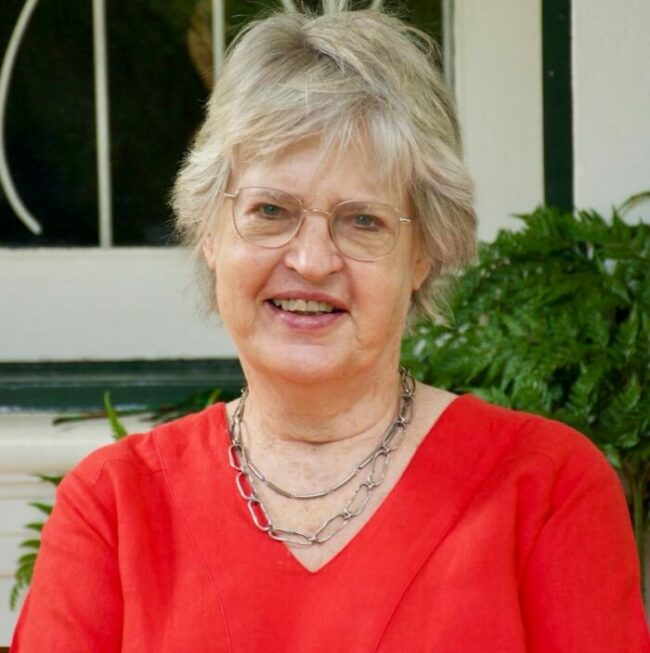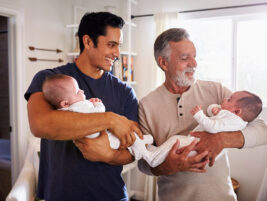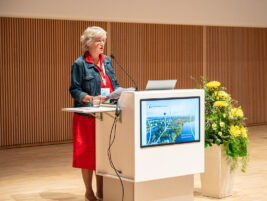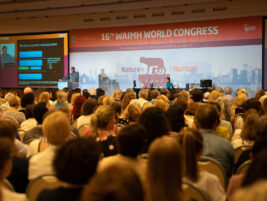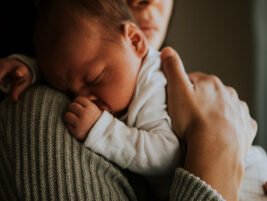Dear WAIMH Colleagues
I am writing this in difficult times. Who would have thought that when we started the “Infants in Crises” Working Group in 2024, just after the start of the war in Ukraine, we were at the beginning of global events not imaginable before. It seems that humanity has taken a few steps back, regressed to early psychological ways of functioning of splitting and projection – are we, as a species, losing our human capacity for caring about the other and, how do we as a World Association position ourselves in these nightmarish times?
The only answer we may have is that we must do what we are doing with even more energy and commitment. We must continue to care for all infants and their families – they, more than any other group, bear the consequences of wars and withdrawal of aid and food. WAIMH has joined the call from UNICEF, WHO, and ICRC for immediate aid access and an end to civilian suffering. We are also aware of the devastation caused by climate change – the most recent example being the catastrophic floods in Texas.
It is in the very nature of the work with infants, young children and their families that our guiding principles are, namely inclusion, equity and diversity. We cannot and will not abandon these, they are the key foundations on which we stand. It was in this spirit that the decision was made to keep the strong title of the October 2026 WAIMH Congress in Toronto “Harmony in Diversity – Nurturing the Youngest Minds around the World”. This is what we stand for and will celebrate. I would like to urge you to consider attending the Congress – it will be a warm and welcoming occasion and provide us with the opportunity to make connections and support one another.
In keeping with this theme, the current Special Edition of Perspectives in Infant Mental Health on “Decolonizing infant mental health research, practice and intervention” has provided us with a timely reminder of the long-term consequences of the actions of dominant nations on other nations and national groups with different practices to their own. It has also provided an exciting opportunity to explore and think about the contexts and cultures of the parts of the world where the majority of infants and their families live. We have much to learn from each other – mutual understanding and respect for our diverse ways of being can only be enriching. I thank the Perspectives Editorial Team for this important initiative.
I want to thank the many colleagues in the Infants in Crises Group for having been so responsive to requests and suggestions. I hope that we can draw from these and have a lively symposium or two at the Congress in Toronto. We want to hear from those on the coal face, on the frontlines, what they experienced and how they dealt with these traumatic situations.
I want to particularly thank my colleagues in the Middle East, who have not shied away from communicating with each other and working together. When the task is the wellbeing and safety of an infant, a young child and a family, then we move beyond splitting and projection, and do what we can do.
On an organizational level there is an increasing interest coming from WAIMH membership to help to think about infant mental health topics of interest and importance, such as ethical dilemmas and concerns about screen use in the early years. In order to streamline these contributions, members of the Executive Committee are in the process of drafting guidelines for establishing such interest groups. Once agreed upon, these guidelines will be made available.
In the meantime, my thoughts are with all the infants, young children and their families who are suffering from physical and mental trauma, caused by conflict and wars and natural disasters. Let us know how we, as a World Association, can help you even from afar.
Authors
Astrid Berg, President of WAIMH,
Emerita A/Professor at the University of Cape Town,
Extraordinary A/Professor at Stellenbosch University,
Cape Town, South Africa


